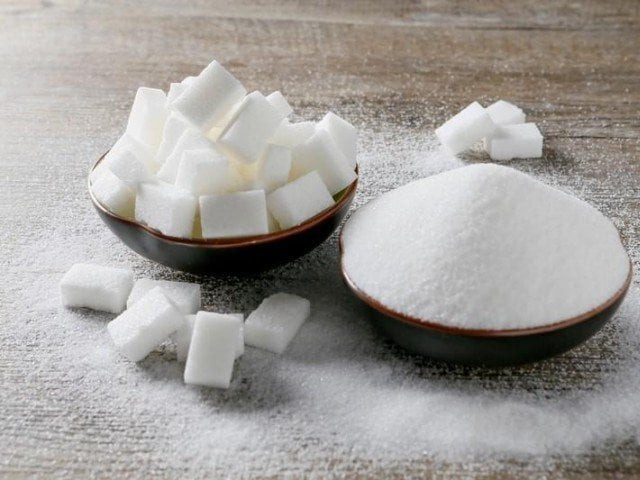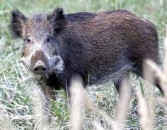Mill owners reject sugar crisis report
PSMA says commission made mistakes, distorted facts

A Reuters file image.
The damning report, made public by the government on Thursday, outlined a series of misdeeds by sugar mill owners, including fudging the production cost to claim subsidies, manipulating the market, underreporting their sales, committing fraud and exploiting farmers.
The commission revealed that sugar barons had raked in a “windfall profit” of Rs100 billion during the sugar crisis this year alone.
In a statement, the PSMA expressed its reservations over “unnecessary publicity” being given to the report for dubious reasons and the ensuing media trial of the entire sugar industry.
It said the commission had made the same mistakes which the earlier inquiry committee did in its initial findings. It noted that the members of the commission were the same individuals who were part of the committee as well.
The association maintained that the commission had distorted facts in its report.
It added that the association’s recommendations were neglected when the inquiry was being conducted.
“The commission neglected the role of the market forces, and did not weigh in the factor of demand and supply in the report,” the statement read.
“The commission was also ignorant of the ground realities of the sugar sector, procurement and crushing processes,” it added.
The PSMA alleged that the commission had tried its best to report estimate a low price of sugar production.
“No business can operate as per the production model laid out by the commission.”
The report disclosed that sugar mill owners were acting as cartels and six major groups held 51% share of the production supply.
Sugar mill owners paid far less to growers than the support price fixed by the government and showed a higher price in their invoices.
The report also revealed that almost all sugar mills determined the weight of the sugarcane at around 15% to 30% less than what it actually was.
Some sugar mills also hand over handwritten, unofficial receipts to the farmers instead of issuing a computerised payment receipt (CPR).
In 2017-18, the sugar mills determined their cost of production at Rs51 per kg but the forensic report estimated it at Rs38 per kg.
Similarly, the sugar mills associations determined the price at Rs52.6 per kg while according to the report it should have been Rs40 per kg. In 2019-20, the price determined by the mills was Rs62 against the rate of Rs46.4 estimated by the commission.
The report further found that the major players in the market did not sell the commodity under their own names. Sugar mills had also increased their crushing capacity without approval.
The report revealed that in the last five years, the sugar industry was granted Rs29 billion in subsidies but they paid Rs22 billion in income tax and the refunds they claimed were Rs12 billion.
Therefore, 88 sugar mills paid a net income tax of Rs10 billion even though they were given Rs29 billion in subsidies.



















COMMENTS
Comments are moderated and generally will be posted if they are on-topic and not abusive.
For more information, please see our Comments FAQ